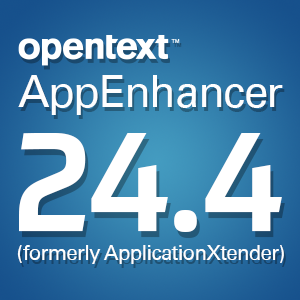Paperless document management strategies spreading in court systems
Thursday, January 17, 2013More courts are taking on paperless initiatives this year in an effort to improve document management and simplify business process automation.
After the Supreme Court approved the Efficient Use of Paper Rule last November,ordering digital copies of pleadings, the judiciary system created an email account with the specific purpose of receiving electronically filed documents. According to GMA News, digitized versions of these files must be in PDF format, include annexes and be submitted either to the designated email address or by compact disc. The Supreme Court elaborated on this decision to the news source.
“In promulgating this Rule, the Court noted the need to cut the judicial system’s use of excessive quantities of costly paper, save the forests, avoid landslides, and mitigate the worsening effects of climate change,” the court said.
While e-filing will be optional for the first six months of implementation, this method will be required once the rule goes into full effect.
Other judiciary systems are following the Supreme Court’s paperless strategies, including the Polk County small claims court, which,according to The DesMoines Register, recently began an electronic transition. The Iowa court invested in a $19 million electronic document management system for the approximate 975,000files that its database contains. The system is currently being used in 15 of the state’s 99 courthouses. Any disputes worth less than $5,000 must now be filed electronically, and an exclusively digital filing system for all claims is expected to be in place by early July, spreading state-wide by 2016.
Operative progress
Court officials are optimisticabout the effect that this change will have on workflow and employee productivity, considering judges will no longer have to track down physical files between offices and clerks will be able to remotely complete tasks for busier counties. The director of information systems for the Iowa judicial branch, Ken Bosier, told the DesMoines Register that he expects more courts to begin considering paperless solutions for long-term improvements in document management strategies.
“I believe I’m correct in saying that we’re the only jurisdiction in the nation that’s making it mandatory for all filers for all case types,” he stated, “This is not just for today. This is moving into the future. We need to be more efficient. We’re trying to do that.”
Document conversion services will continue to be in high demand as courts seek to simplify procedures for both officials and citizens with the convenience of electronic filing.
Brought to you by Image One Corporation providing complete information governance since 1994.




